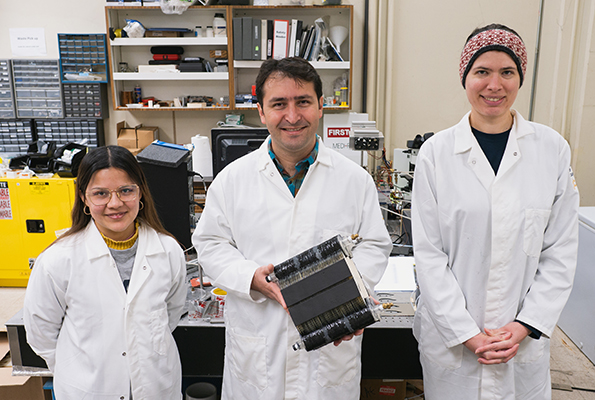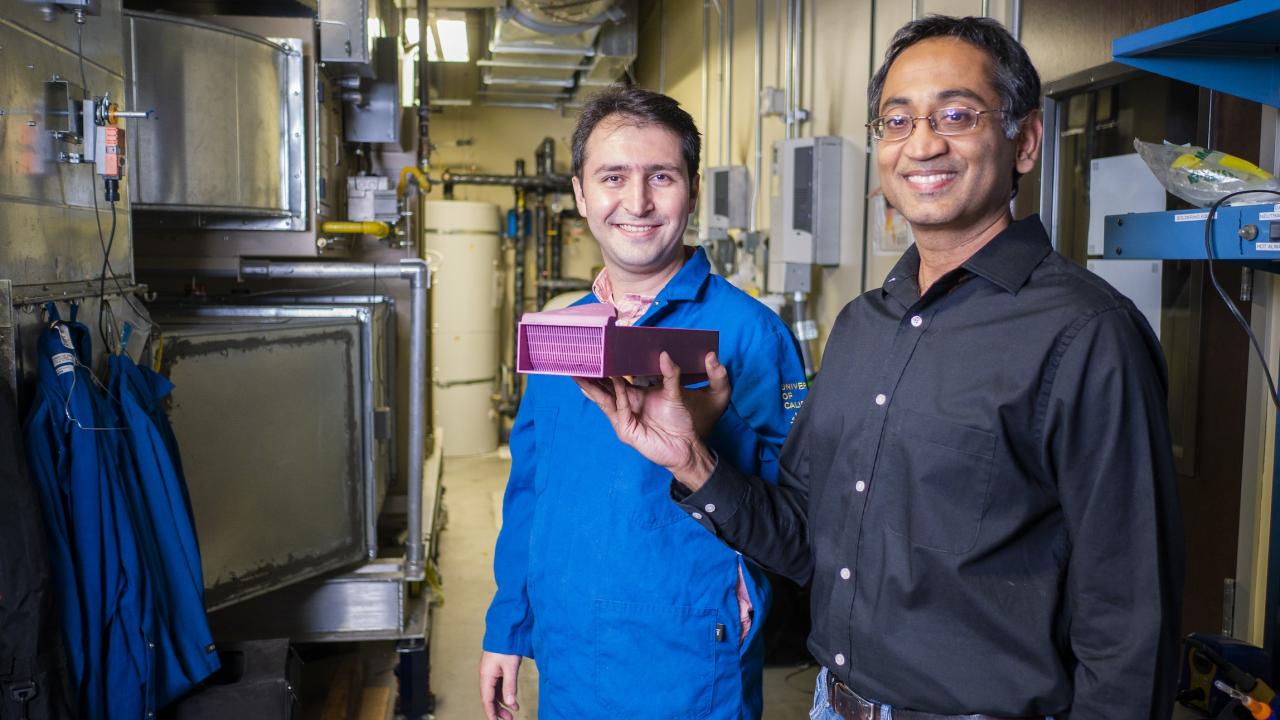Whether a cell phone, air conditioner, or entire industrial facility, many of the appliances and technologies we use produce a lot of heat. This “waste heat” is warming our planet.
About 20-50% of heat from heating and electricity generation is lost as waste heat. Zeroing in on food processing plants, a team of UC Davis scientists is working to extract extra heat from gas streams and use it in the food and beverage industry, explains a recent article published by the UC Davis Office of Research.

“If we can remove even one million metric ton of CO2 using our process, it’s a win for California and the United States,” said Vinod Narayanan, a UC Davis professor of Mechanical and Aerospace Engineering and director of the Western Cooling Efficiency Center.
With $1.98 million in funding from the U.S. Department of Energy, the interdisciplinary team includes researchers from fields such as food sciences, engineering, and marketing to create a novel microchannel polymer heat exchanger (MPHX) technology. The team aims to decarbonize the industrial sector by extracting waste heat and using it for applications in the food and beverage industry, like pasteurization, further reducing energy used overall.
“Success in these efforts will be transformative for the food industry in terms of saving energy, reducing carbon footprint, and improving food quality, nutrition and shelf life—a win-win scenario for food systems,” said Nitin Nitin, a UC Davis professor of Food Sciences and Biological and Agricultural Engineering.
Read the full story by Neelanjana Gautam, UC Davis Office of Research.
Media Resources
Kat Kerlin, UC Davis News and Media Relations, 530-750-9195, kekerlin@ucdavis.edu
